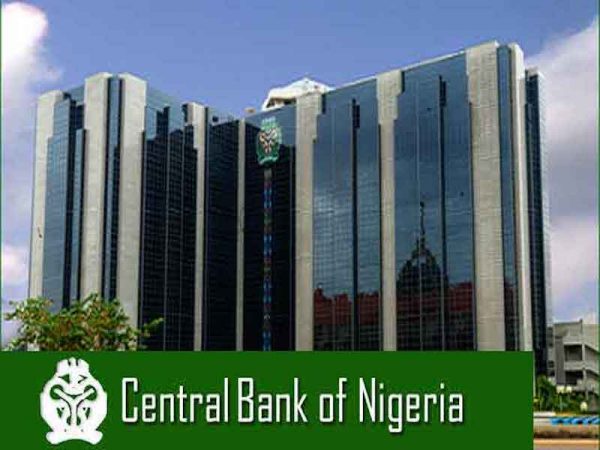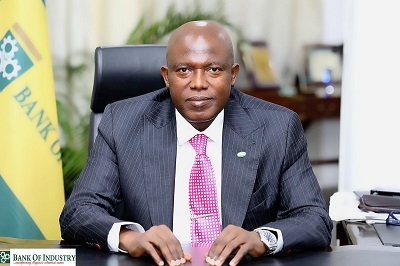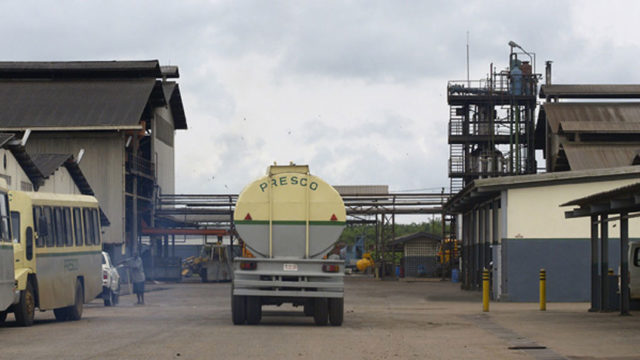Economists fault MPC over 18% lending rate
Economists have faulted the Monetary Policy Committee of the Central Bank of Nigeria over its decision to increase the benchmark interest rate by 50 basis points to 18 per cent from 17.5 per cent.
The experts spoke in reaction to the lending rate announced by the Governor of the Central Bank of Nigeria, Godwin Emefiele, on Tuesday.
Emefiele, while reading the communiqué of the second MPC meeting of the year on Tuesday, said the slight increase was meant to mitigate the effect of inflation and other economic challenges.
He said, “The MPC committee voted to raise the MPR by 50 basis points to 18 per cent, retain asymmetric corridor at +100 and -500 basis points around the MPR. Members resolved by a majority vote to raise money policy rate NPR by 50 basis points. In summary, 10 members voted to raise MPR by 50 basis points, one member voted to raise MPI by 25 basis points, and one member voted to hold the MPR.
“All members voted to keep all other parameters constant. The MPC voted to raise MPR to 18 per cent, retain a symmetric corridor plus 100 and minus 500 points around the MPR, retain the CRR at 32.5% and retained liquidity ratio at 30 per cent.”
However, economists who spoke with media the increase was needless at a time the country was battling with the effects of the naira redesign policy.
A professor of Economics at the Olabisi Onabanjo University, Sheriffdeen Tella, said, “The rake hike is unnecessary. Who is even borrowing from the banks? Can the banks lend anybody money when they don’t have money? The MPR is supposed to be a signal to the banks; if they increase MPR, the central bank is saying, ‘charge more for loans.’ The loans are not even there. It is when the banks receive money that they can create money to give as loans.
“What one expects from them is to leave the MPR as it is presently and work on how the central bank can make the banks work, getting cash, not when banks are still rationing cash. If they had enough cash, they won’t be rationing money.”
A professor of Capital Market at the Nasarawa State University, Keffi, Uche Uwaleke, supported Tella’s stance, saying, “It’s apparent the MPC is still concerned about rising inflation and the pressure in the forex market against the backdrop of its primary mandate of maintaining price stability.
“However, I had expected MPC to maintain a hold position considering the significant drop in currency in circulation occasioned by the currency redesign policy and the fact inflation rate decelerated month on month between January and February 2023. The adverse impact of the recent cash scarcity on productive activities as well as the conclusion of election season should have provided justification for a hold position.
Also speaking, a professor of International Economic Relations at Covenant University, Ota, Jonathan Aremu, said that the CBN would be putting the cart before the horse by deliberating on the Monetary Policy Rate without addressing the naira crisis that has exacerbated the inflation problem in the country.
Aremu, who is a former Assistant Head of Research at the CBN lamented that the economy was suffering from serious contraction due to the cash shortage that has constrained production activities.
He said, “The simple quantity theory of money actually explains the basis for inflation, that if so much money is available and there is less goods, the prices will rise, but the money is not available to even produce the goods.
Also speaking with media, the Deputy-President of the Lagos Chamber of Commerce and Industry, Gabriel Idahosa, aid the MPC had resorted to indiscriminate rate hikes due to lack of understanding of Nigeria’s peculiar economic challenges.
Idahosa further stated that unless Nigeria significantly increased its non-oil exports to produce the right balance between imports and exports, the “gymnastics” of rate hikes by the CBN would not solve the country’s inflation problem.
On his part, the Chief Executive Officer of the Centre for the Promotion of Private Enterprise, Muda Yusuf, urged the apex bank to prioritise issues bordering on monetary policy management, as this would help tame the inflation rate in the country.
Also, speaking, the South-West Regional Chairman, National Association of Small and Medium-Scale Enterprises, Solomon Aderoju, said, “No MSME can thrive with an interest rate of 30 per cent and I know the CBN is doing this to mop up excess money. But is this possible after the policy of the naira redesign?”








